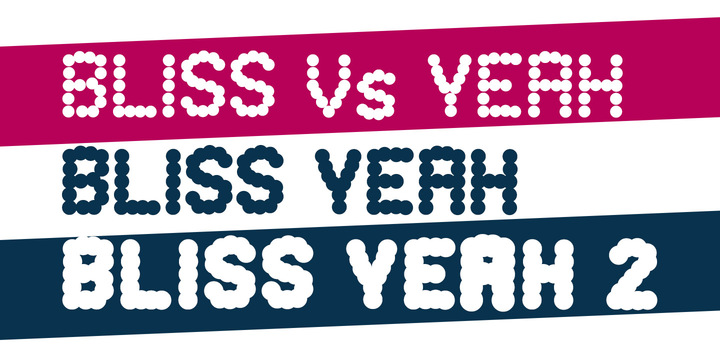
It speaks to both Bowie’s restlessness as an artist and willingness to risk embarrassment in service of that restlessness that he’d revisit his juvenilia at all, much less make a whole record out of the project. One of Bowie’s proverbial lost albums, Toy was originally recorded in 2000 with members of his touring band playing fast and loose new versions of some of Bowie’s earliest songs, mostly predating his post-“Space Oddity” stardom. The centerpiece of the 18xLP box set, and its selling point, is Toy. With each album it collects taking a bold left turn from the sound of its immediate predecessor, Brilliant Adventure makes an inarguable case for the former viewpoint: This Bowie took a lot of risks-and those risks largely paid off. By contrast, the ’90s continue to be a live issue, dividing fans as to whether Bowie was doing vital new work by engaging with prevailing trends or simply cosigning them in hopes their success would rub off. Consensus prevails for the earlier decades: The 1970s were brilliant, the ’80s initially brilliant, then naff.



Brilliant Adventure (1992-2001), the latest edition of David Bowie’s ongoing series of box sets spanning each era of his career, is a defining document for fans of a certain stripe.


 0 kommentar(er)
0 kommentar(er)
